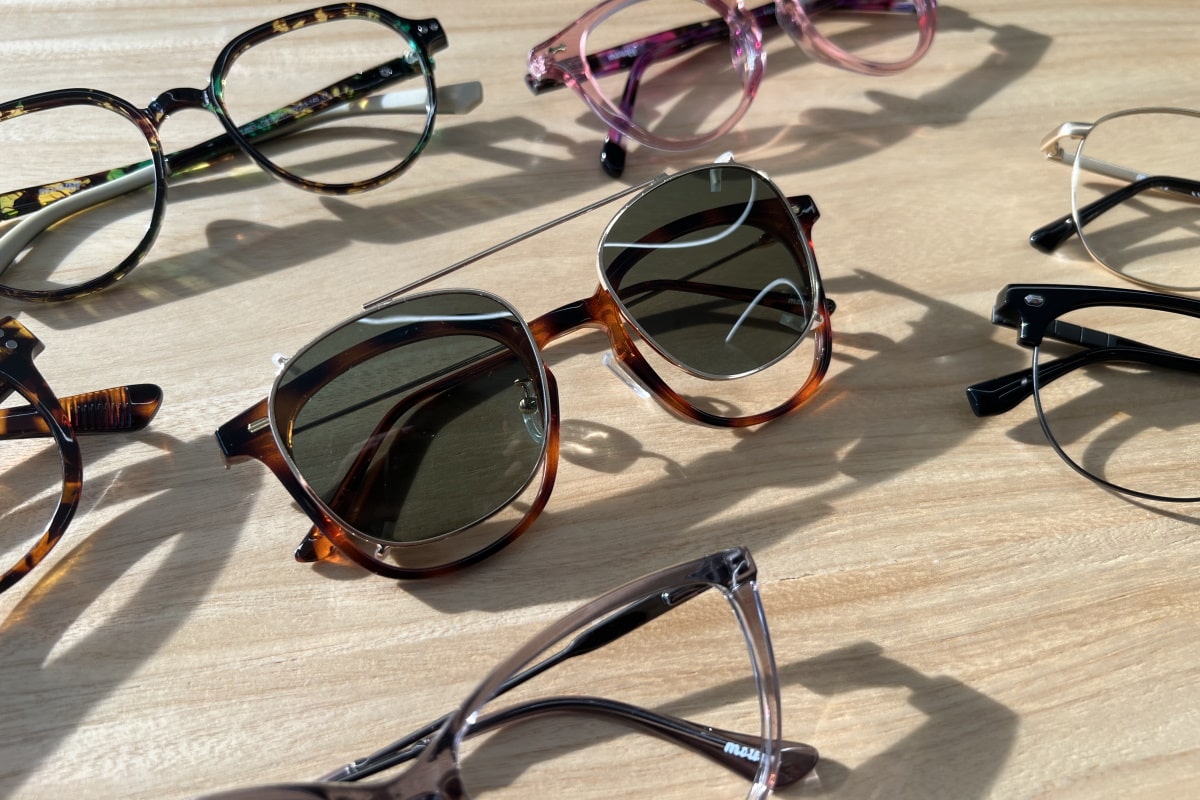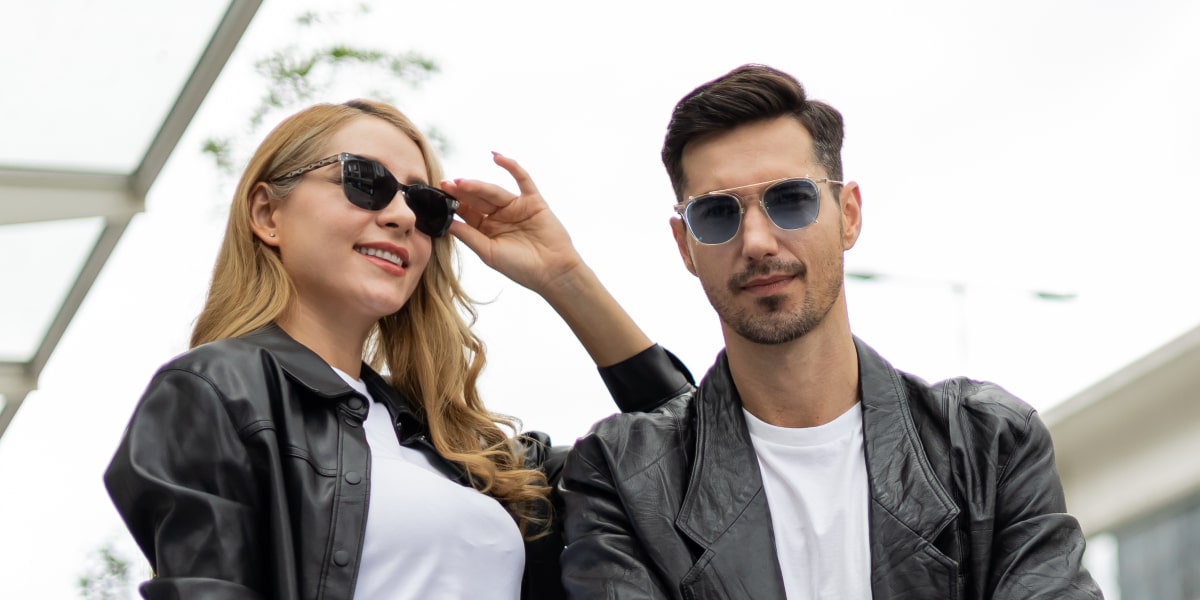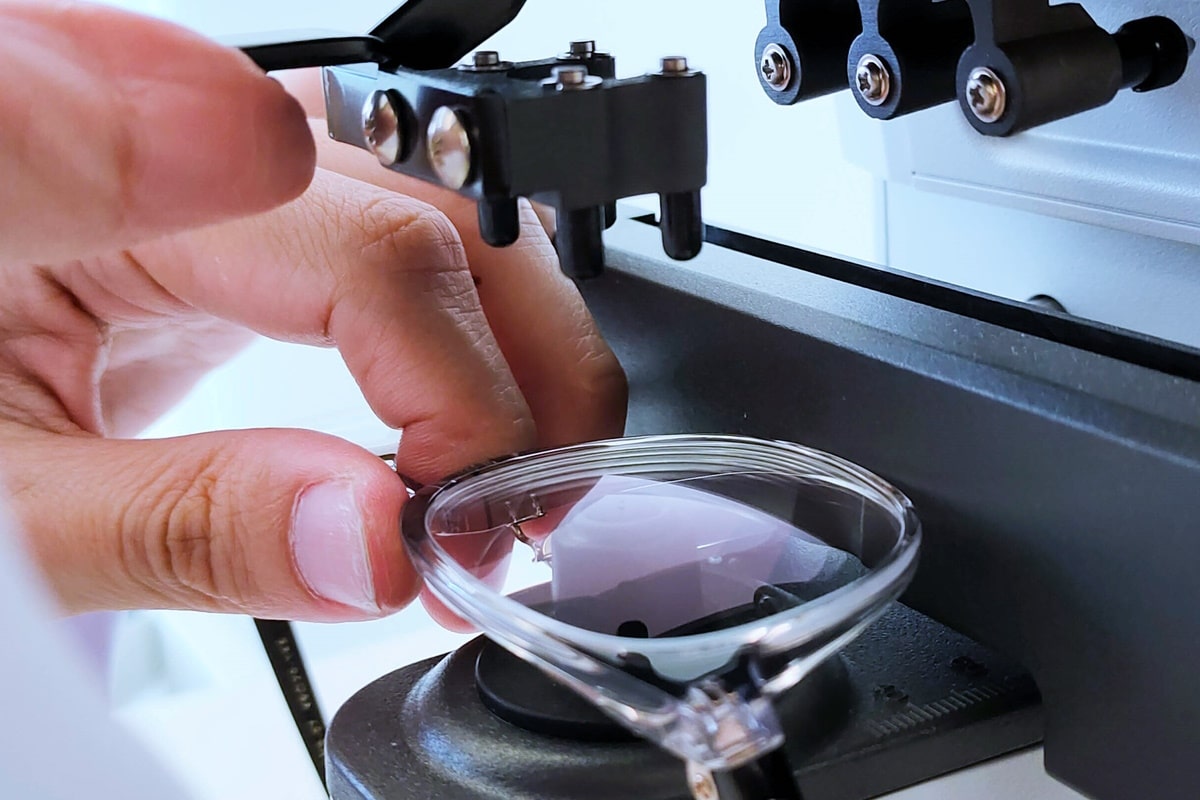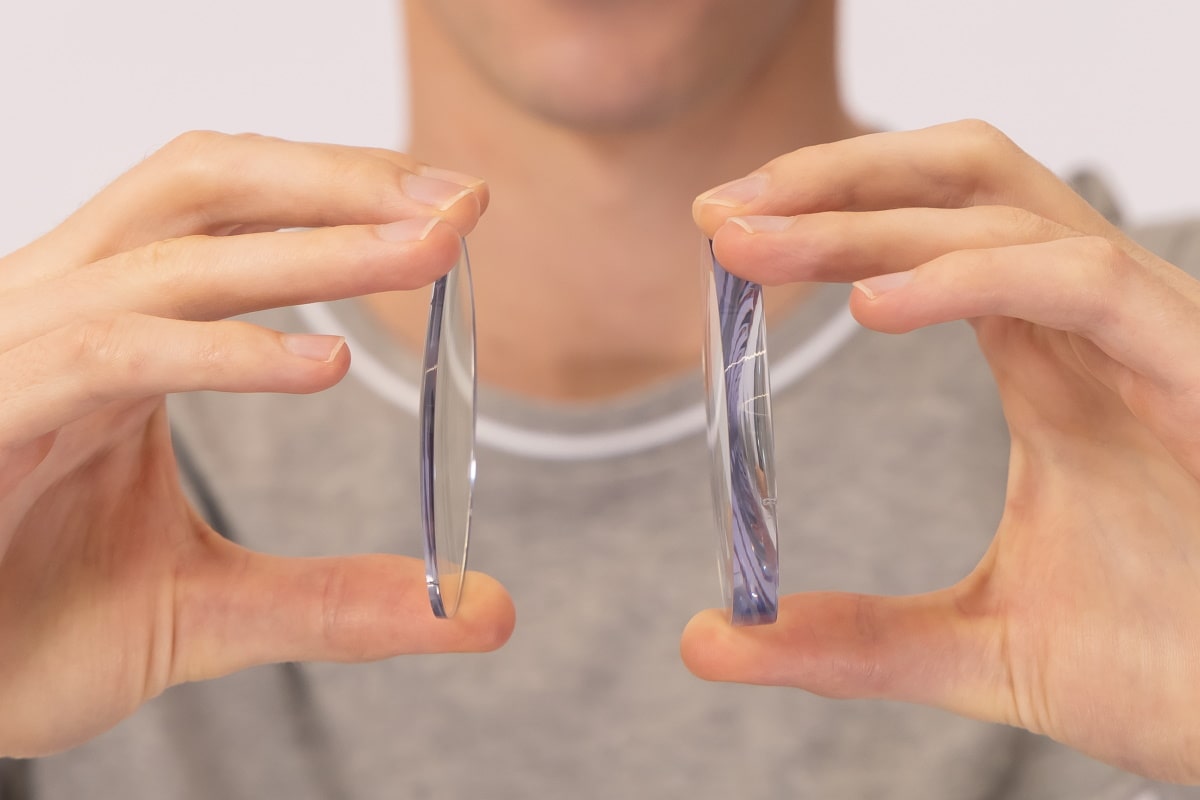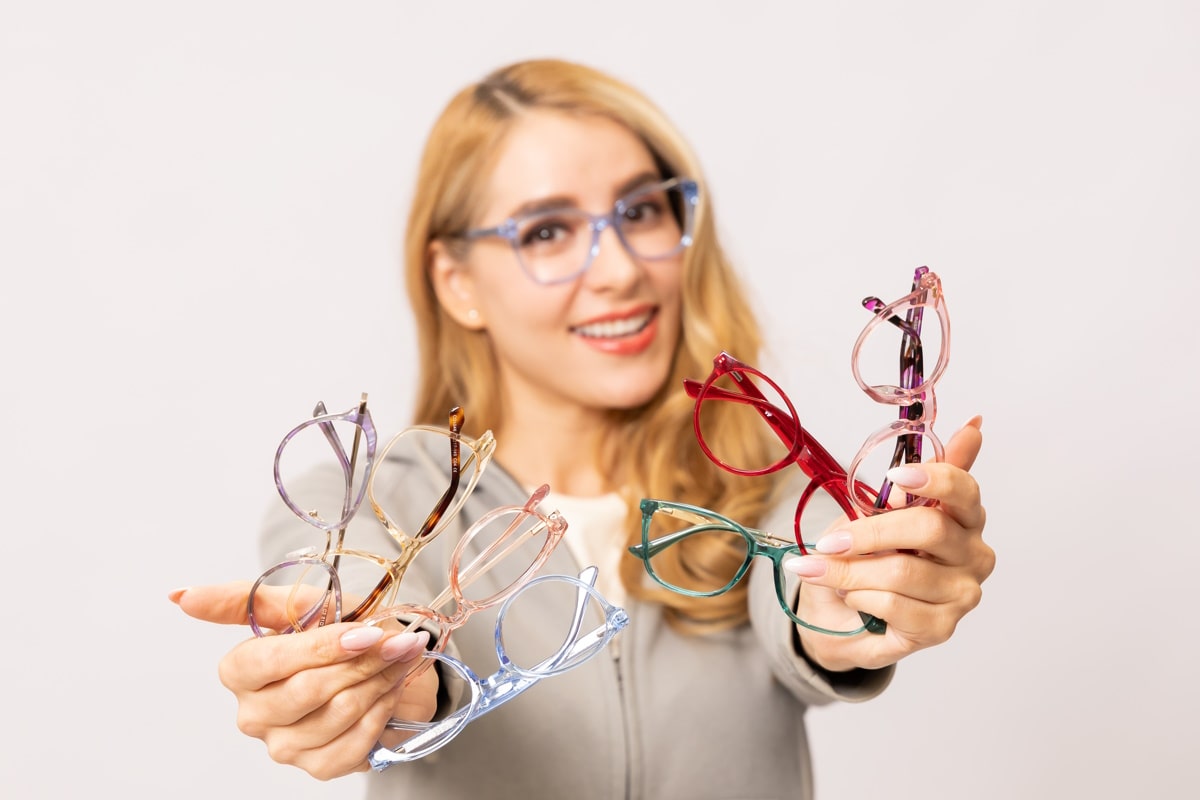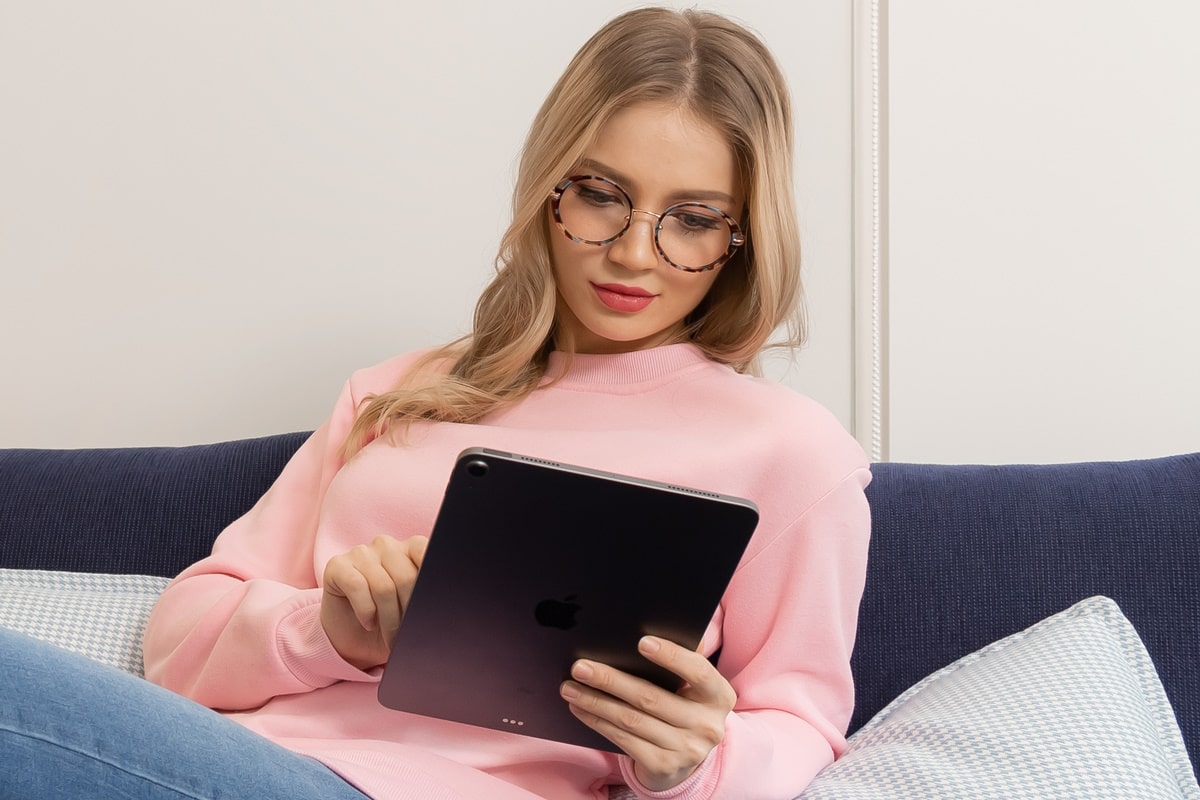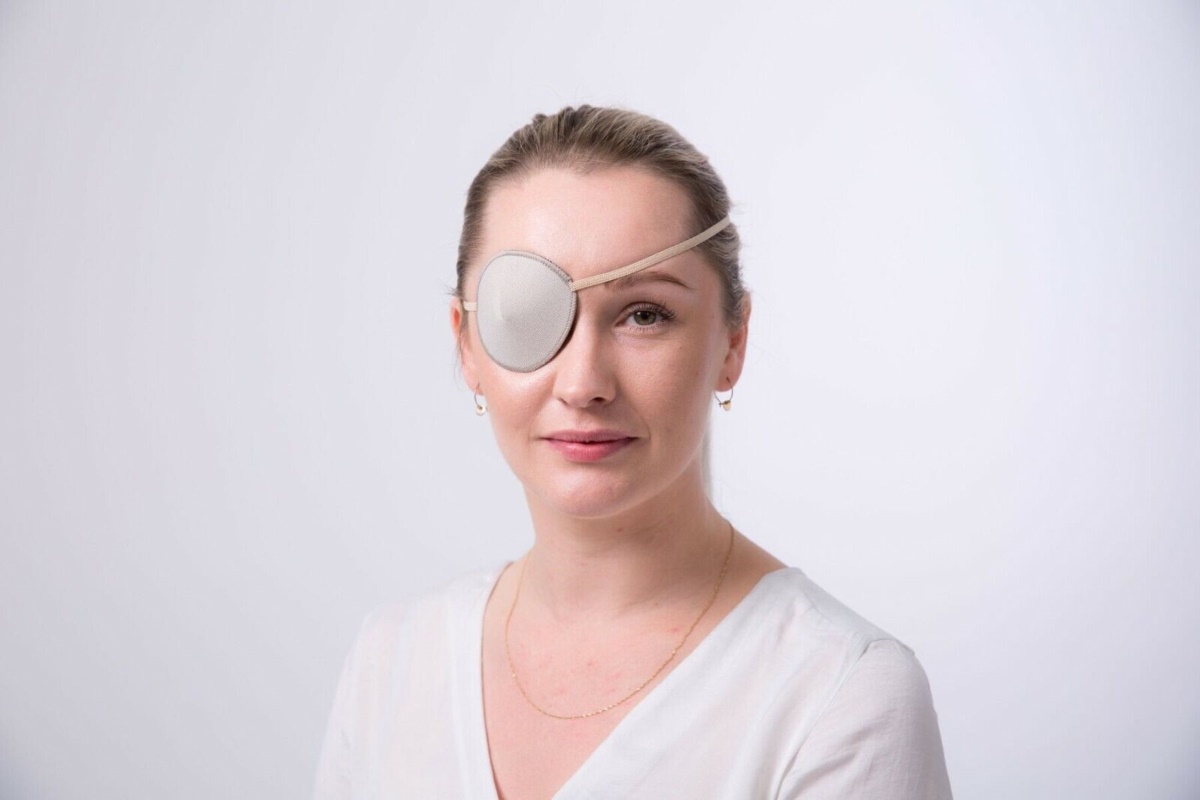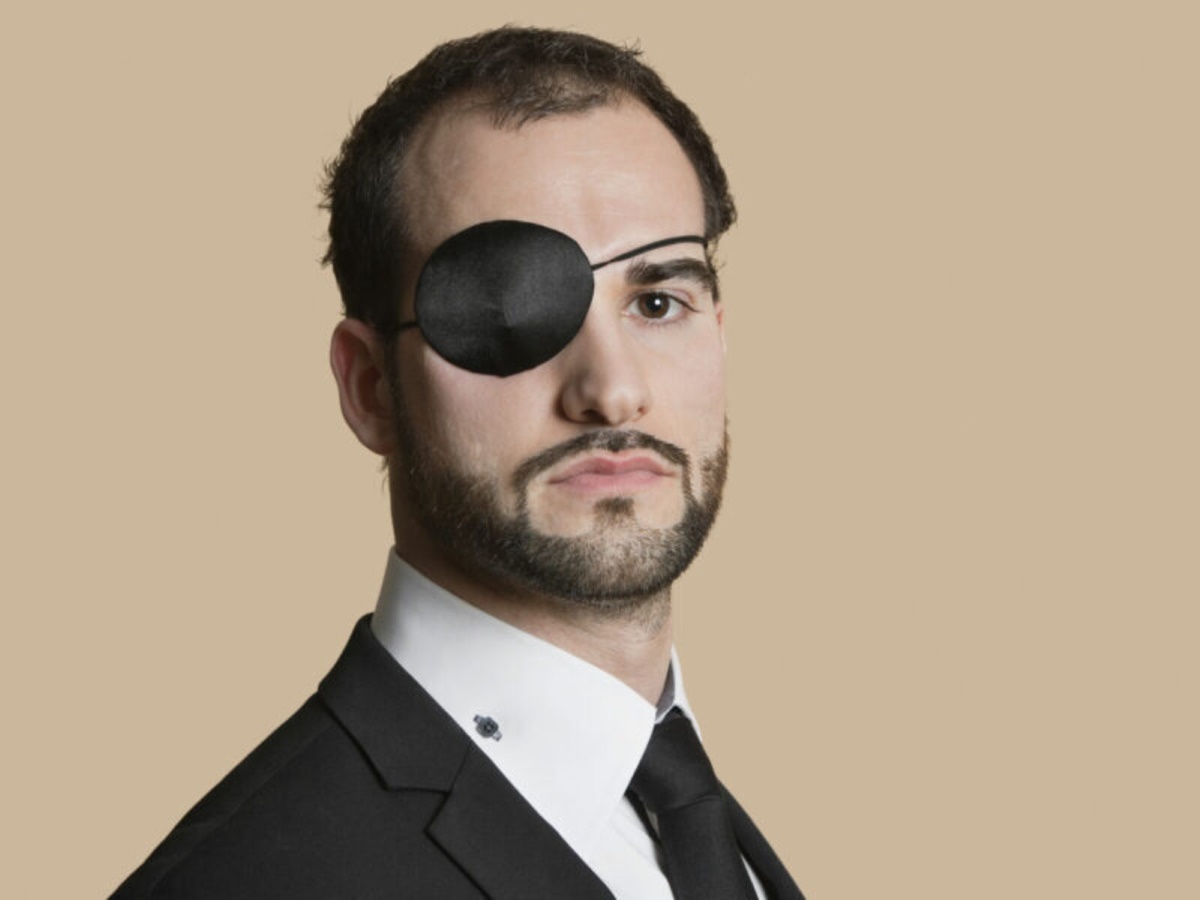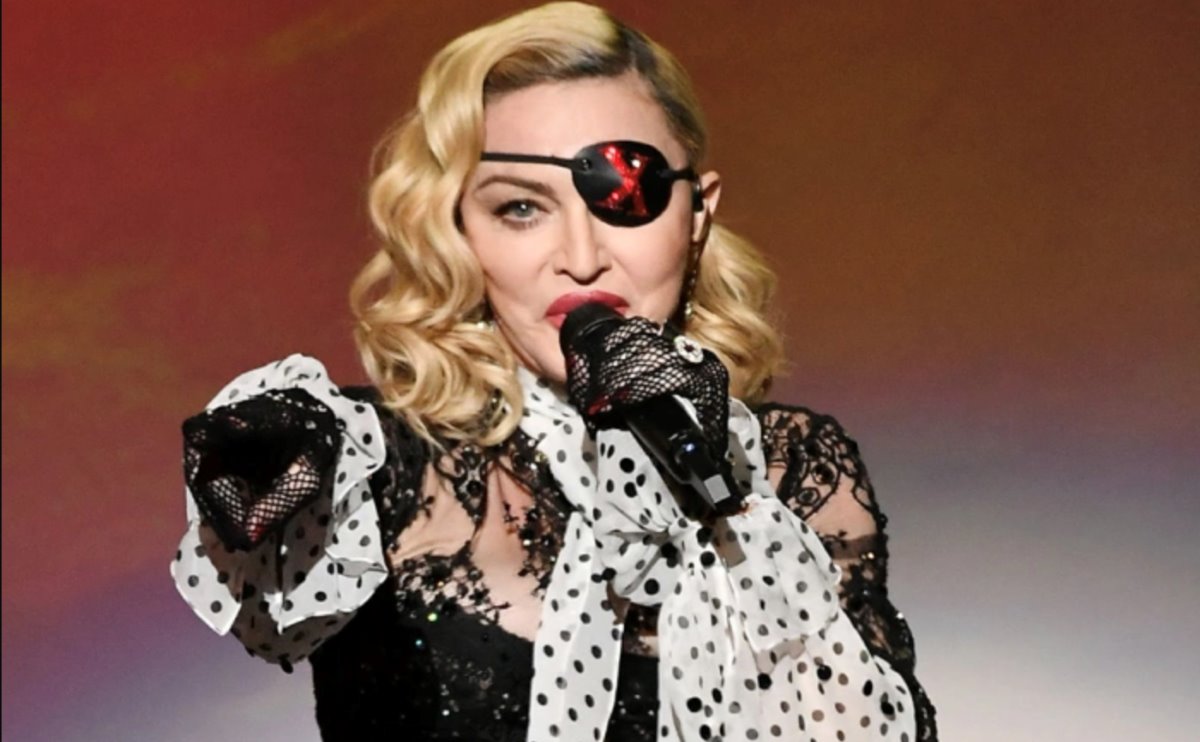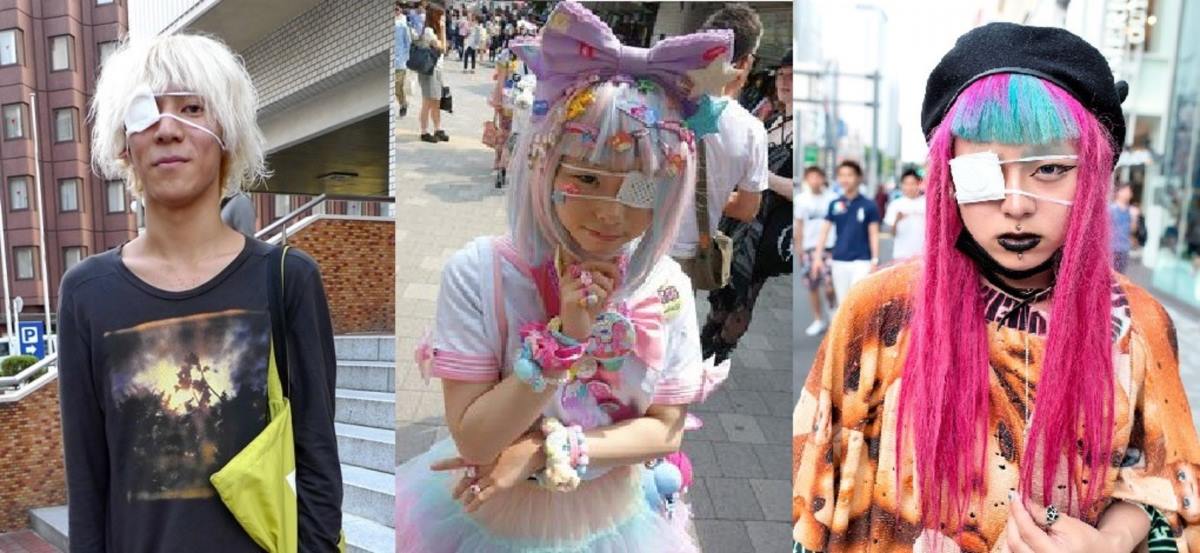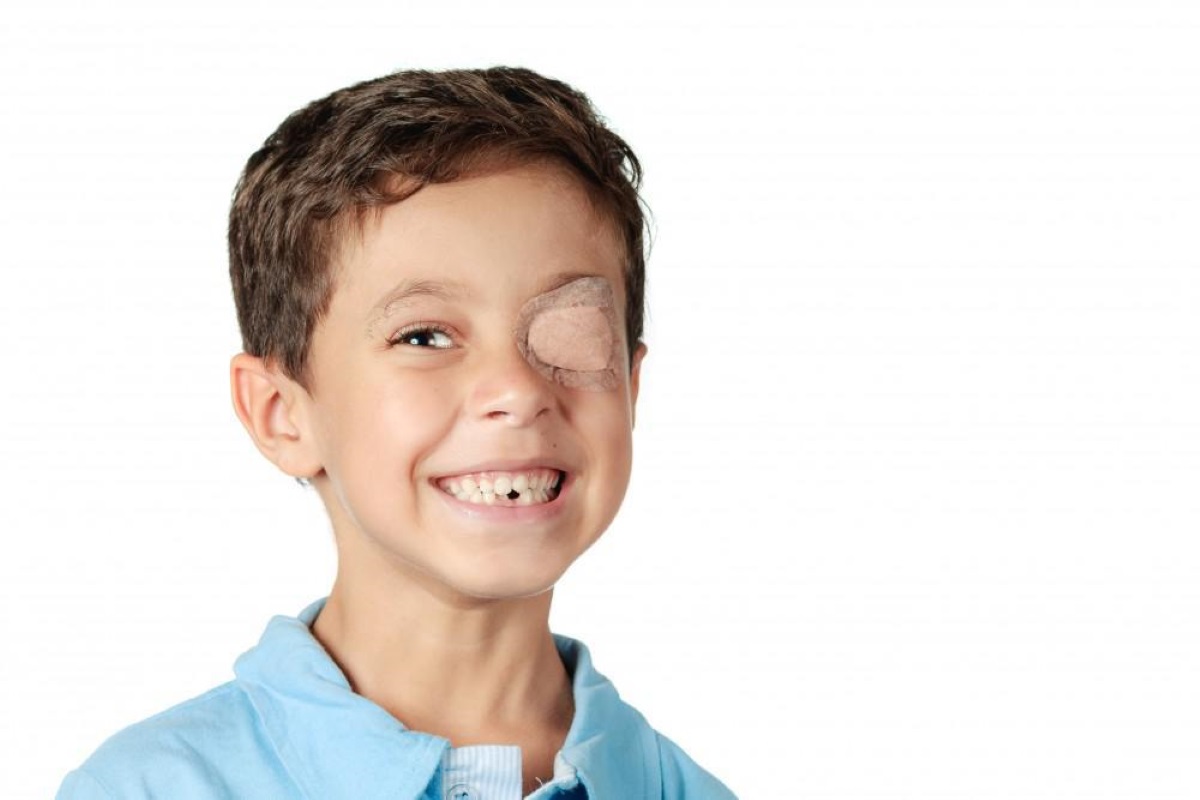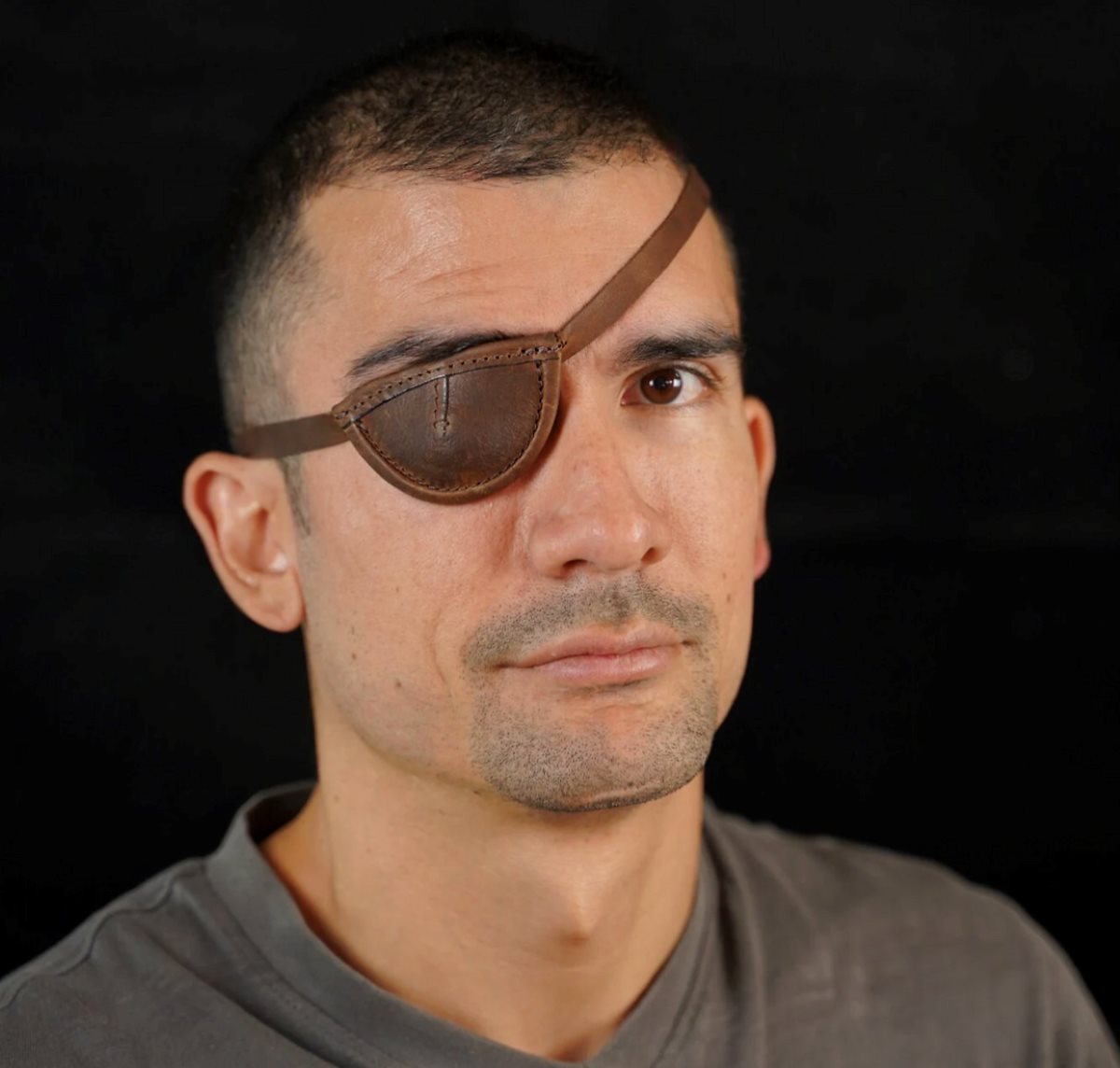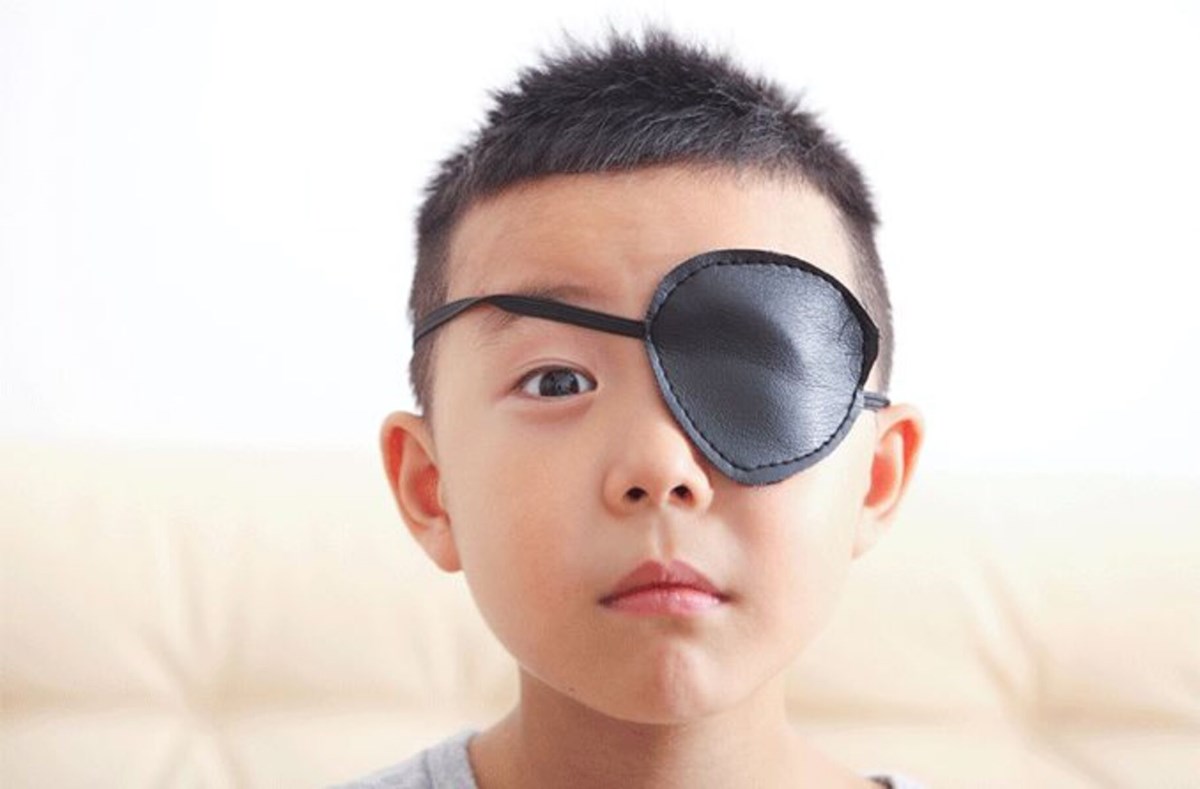Eyepatches: Why Do People Wear Them?
Have you ever wondered why pirates, superheroes, and even your favorite musicians wear eyepatches? Not to mention – regular folk!
People first used eyepatches to hide eye injuries, but eyepatches today serve various needs. From treating medical conditions to expressing personal style, eyepatches are versatile eyewear pieces.
So, if you’re ready to learn more about this intriguing piece of eyewear, let’s dive in!
What medical reasons are there for wearing eyepatches?
Eyepatches can help people with amblyopia, also known as lazy eye. Amblyopia is when one eye doesn’t develop properly, resulting in poor vision. Wearing an eyepatch over the stronger eye can encourage the weaker eye to work harder and improve vision over time.
People also wear prescription lenses with an eyepatch to see better. This tactic is helpful for those who need to correct their vision in only one eye, as the eyepatch can help block vision in the unaffected eye. That will result in a clearer image for the corrected eye.
Another reason for wearing an eyepatch is the treatment of diplopia or double vision. One possible way to correct double vision is by wearing an eyepatch over one eye. That can help eliminate conflicting images.
For people with photophobia, an eyepatch can provide much-needed relief. Photophobia is when the eyes are overly sensitive to light, causing discomfort and pain. Wearing an eyepatch over one or both eyes can help to reduce light exposure and ease the symptoms of photophobia.
Eye injuries or surgeries can also require the use of an eyepatch. You can also wear an eyepatch to protect the eye while it heals. Other times, it may help the eye rest and recover after surgery.
In all these cases, wearing an eyepatch is crucial to a patient’s treatment plan. Although wearing an eyepatch may initially seem inconvenient, its advantages include improved vision, comfort, and overall eye health.
An eyepatch can add a touch of style
Aside from medical reasons, there are also cosmetic reasons why people wear eyepatches.
Fashion and style is one reason why people wear eyepatches. They can also be bold and stylish accessories that add an edgy or mysterious vibe to any outfit. Some people even take it a step further and match the color or pattern of their eyepatch to their clothing or accessories, turning it into a statement piece.
Cultural and historical significance also play a role in eyepatch use. In some cultures, eyepatches symbolize power or status worn by leaders or warriors. Eyepatches have played a historical role in military operations, where soldiers used them to protect their eyes from wind and sand during battle.
Performance and entertainment are other reasons why people wear eyepatches. Musicians, actors, and performers may wear eyepatches as part of their stage persona or costume.
David Bowie and Madonna are examples of singers who have made eyepatches a part of their style.
In cosplay and costume design, eyepatches can help you recreate certain looks, such as in pirate or superhero costumes.
Eyepatch-wearing may also come from psychological reasons
There are also psychological reasons why people wear eyepatches. Identity and self-expression are possible reasons some people may wear an eyepatch. It can be a way to express their personality or make a statement about their identity.
Some people may feel more comfortable or confident wearing an eyepatch, which can be an extension of their style or aesthetic. Confidence and self-esteem can also be motivating factors.
Wearing an eyepatch can help people feel more confident in their appearance, especially if they have insecurities about their eyes or face. It can be a way to stand out and embrace their uniqueness, which can ultimately lead to a boost in self-esteem.
Protection from negative emotions is another reason people may wear an eyepatch. It can be a physical barrier that shields them from the negative feelings or judgments of others. For example, someone who has experienced bullying or criticism about their appearance may feel safer and more protected with an eyepatch.
Ultimately, the decision to wear an eyepatch is personal. It’s up to the person to decide what makes them feel comfortable and confident in their skin.
Eyepatch types: Style or utility, it’s your choice
There are several types of eyepatches available for different needs and preferences.
1. Cloth or adhesive eyepatches
Cloth or adhesive patches are the most basic and affordable types of eye patches. Cloth patches are often made of soft and breathable materials, making them comfortable for extended periods. Adhesive patches, on the other hand, stick directly onto the skin, eliminating the need for tying or fastening. We often use these for short-term medical purposes or as quick and easy cosmetic accessories.
2. Custom eyepatches
Custom-made patches are another option for people who need a more specialized eyepatch. These patches fit the unique shape and size of the individual’s eye socket for a more secure and comfortable fit. We often recommend them for long-term medical use or for people with irregular eye shapes or conditions.
3. Decorative eyepatches
Decorative patches are popular for people who want to add style to their eyepatch. Eyepatches are available in various designs, colors, and patterns, ranging from simple and subtle to bold and attention-grabbing options.
How to take care of your eyepatch
Proper cleaning and hygiene are crucial for maintaining the health of your eyes and preventing infection. Correctly wearing and adjusting your eyepatch can also help you stay comfortable and protect your eyes as needed.
If you use a cloth patch, wash it regularly with soap and warm water. You should clean adhesive patches with alcohol wipes before each use. Keeping the skin around the eye clean and dry is also essential to prevent irritation and infection. Replacement and disposal are also necessary to consider.
You should replace cloth patches every few days, as needed, or daily in the case of adhesive patches. Used patches should be disposed of properly, following the instructions provided by your healthcare provider or local regulations.
If you use a cloth patch, tie it snugly but not too tight to avoid discomfort or circulation problems. Adhesive patches should be applied gently and with care to prevent skin irritation or damage.
Adjust the patch as needed throughout the day to maintain proper coverage of the affected eye. In summary, adequate care and maintenance of your eyepatch are essential for your eye health and overall comfort.
Eyepatches: A versatile accessory
People wear eyepatches for all sorts of reasons. These medical reasons include treating amblyopia, diplopia, photophobia, and eye injuries or surgeries. But others are purely cosmetic, like using them for fashion and style, cultural and historical significance, and entertainment.
Eyepatches can also psychologically impact the wearer, providing benefits like identity and self-expression, confidence and self-esteem, and protection from negative emotions. Regardless of why someone wears an eyepatch, it’s essential for caring for their eyes and correcting vision.
They can also be a crucial part of a patient’s treatment plan, as they can help improve vision, comfort, and overall eye health. Plus, eyepatches can be a fun and expressive accessory by adding a touch of personality and style to any outfit.
Taking good care of your eyepatch is crucial, which means cleaning it regularly, replacing it when necessary, and disposing it properly. This care will help it last longer and be more effective in serving its purpose.

Written by:
Angie Garcia

